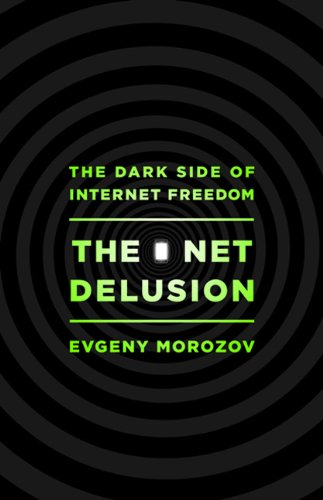Nick Cohen – Waiting for the Etonians, Reports from the Sickbed of Liberal England (2009)
This little England, it’s dingy and it’s mean
I’ve flirted with her mewling gods and petty jealousies
These edited-reader rebels with their simulated causes
Their weak-chinned snarls and red guitars I disregard them all
Recommended: Yes.
Niall Ferguson – Colossus, The Rise and Fall of the American Empire (2004)
The United States is an empire, although often an incompetent one, and should embrace their burden, because the alternative is worse.
Though it cuts me to my soul that
It must be America
It must be America
Read: 116 pages.
Recommended: No. This is an argument, not a history. I don’t care about the conclusion, I want the details.
Richard Wiseman – Paranormality, Why We See What Isn’t There (2011)
Not only are paranormal phenomenons bunk, the natural explanations for them are more interesting than any supernatural ones could be. (And oh, it’s better to know. Okay, I’ll stop now.)
Recommended: Yes. This is in fact the perfect approach to this subject.
Thomas Sowell – Intellectuals and Society
Intellectuals are often wrong, especially leftist ones.
Read: 45 pages.
Recommended: No. Alongside Hayek, it’s superflous.








